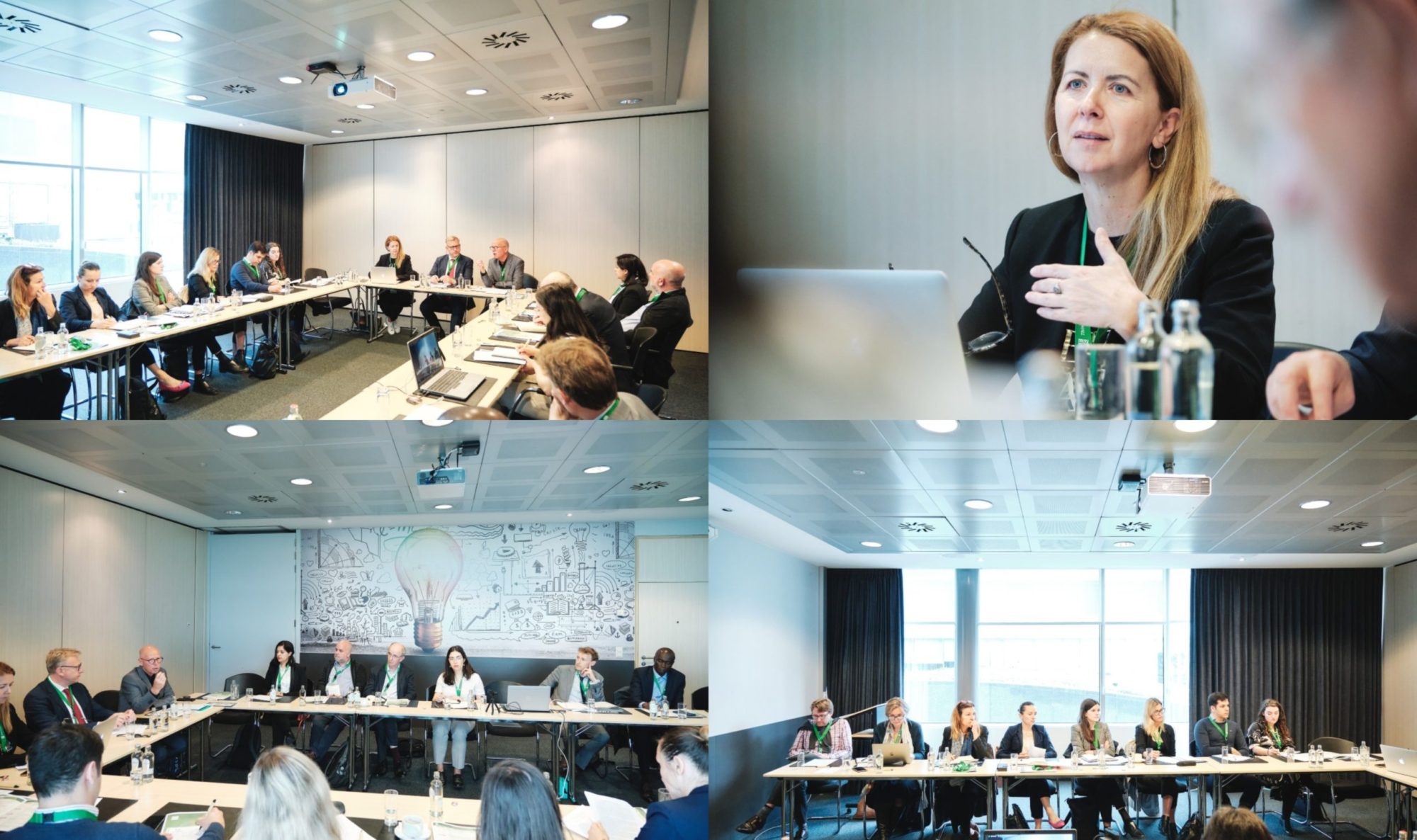On 1 June 2022, the CEPS’ annual flagship event, the Ideas Lab, was organized in Brussels, Belgium. PREVEX had a panel entitled Violent extremism in enabling environments. Why local resilience is more robust than we think and how we can go about supporting it, where Research Professor at NUPI and PI of PREVEX, Morten Bøås and Professor at the University of Sarajevo, Edina Becirevic shared some of the main findings from the research done in the PREVEX project. Francesca Pavearini, Policy Specialist, DG NEAR from the European Commission, commented on these findings and Steven Blockmans, Director of Research at CEPS and WP4-leader, moderated the session.
Bøås underlined that while we need to understand why violent extremism occurs, it is equally important to understand better what makes people and communities resilient to violent extremism. Even in the most extreme enabling environments of the MENA region – where people have every reason to be angry, the majority are not attracted to violent extremist ideologies. Bøås challenged external stakeholders within P/CVE to critically ask themselves of such programming are perceived and received locally – is it seen as effective and legitimate, or irrelevant and counter-productive. In other words are they as light-footed and context and conflict sensitive as they need to be.
One of the points emphasised by Becirevic was that despite the negative narratives associated with the ongoing development in Bosnia, there is still hope, which she substantiated with several examples.
The ensuing discussion was very rich, thanks to the many different perspectives around the table (the European Commission, the European External Action Service, NGOs, researchers, etc. PREVEX-researchers Abdoul Wahab Cisse from ARGA, Dylan Macchiarini Crosson from CEPS and Kari Osland from NUPI participated in this session.



